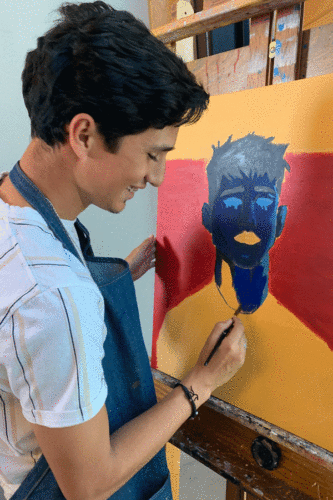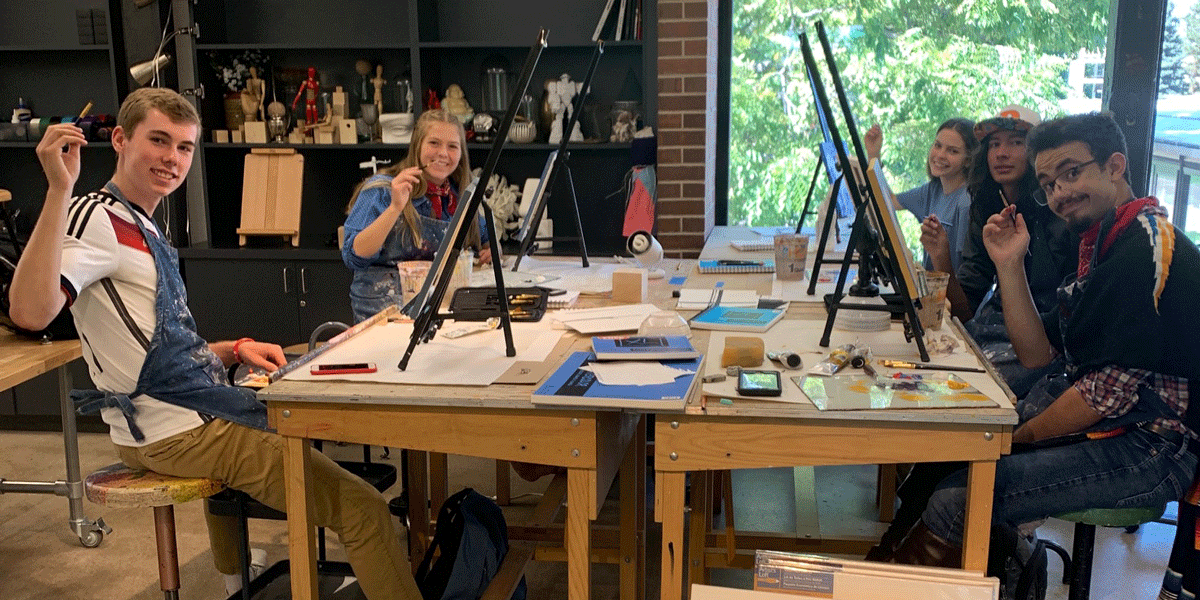Based on data collected in the Torrance Tests on Creative Thinking which have been conducted over the past 50 years, our IQ scores are increasing and our creative thinking skills are decreasing. This is concerning in our ever-changing world. It is our problem-solving skills that allow us to face challenges with dynamic solutions. Creativity is one of the most important skills in learning to solve big problems.
 In the Visual and Performing Arts department at Colorado Academy, we teach artistic habits that are critical to the creative process. We sat down last month and discussed which of these skills we feel are most important right now and are skills we want to assess in our young artists.
In the Visual and Performing Arts department at Colorado Academy, we teach artistic habits that are critical to the creative process. We sat down last month and discussed which of these skills we feel are most important right now and are skills we want to assess in our young artists.
Engage & Persist: Respond to feedback and revise work with improved results. Independently problem solve and persist through work. Sustain development towards mastery of own skill set.
Stretch & Explore: Undertake challenging work with sustained and divergent experimentation. Consistently demonstrate a passionate and keen intellectual and creative curiosity to work.
Collaboration: Be consistently respectful, inclusive, and responsible with others and with materials, tools, and workspaces. Be involved in class discussions, both listening and responding.
Connections to World: Gain knowledge of art history and cultures, and make connections between this knowledge and one’s artistic work. Use subject-specific language, accurately and appropriately, to support discussions.
What are just a few things we all can do to practice these habits that instill creativity?
- When faced with a challenge, find a safe and supportive space to think, design, and create. This needs to be a space where you can take risks, be pushed, and not feel judged.
- Give yourself time, as much as you can possibly find. This might be one of the only benefits of procrastinating. Many creative people are thought of as people who wait until the last minute to complete a challenge, but in fact, it might be the time they gave themselves to mull over an idea that led to their unique solution.
- Plan to mess up a lot. Artists and creative people are used to this; they have sketchbooks and journals FULL of bad ideas.
- Simplify your approach. It is proven that creativity improves with constraints. In a society of abundance, this is a challenge. Think of how creative your meals are when you haven’t been to the grocery store in a while. With fewer options, you dig out spices from the back of the cabinet and try new cooking techniques.
We can all practice these skills. Don’t forget to bring an open mind, a sense of humor, and a lot of joy.
